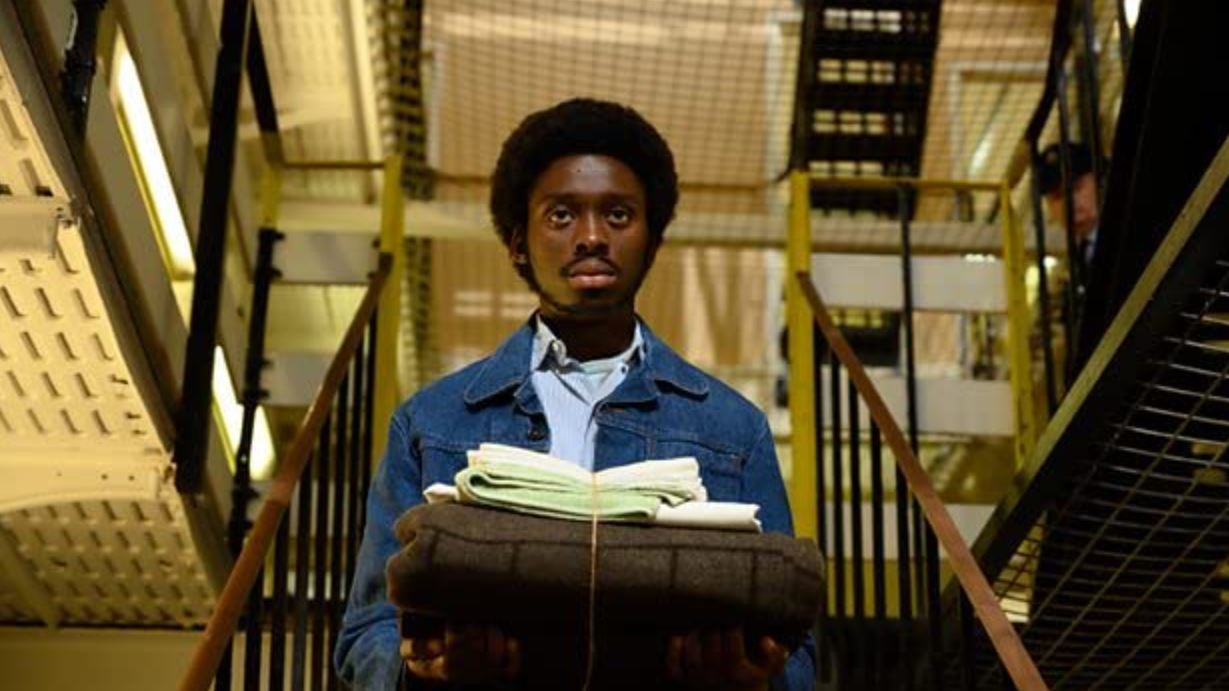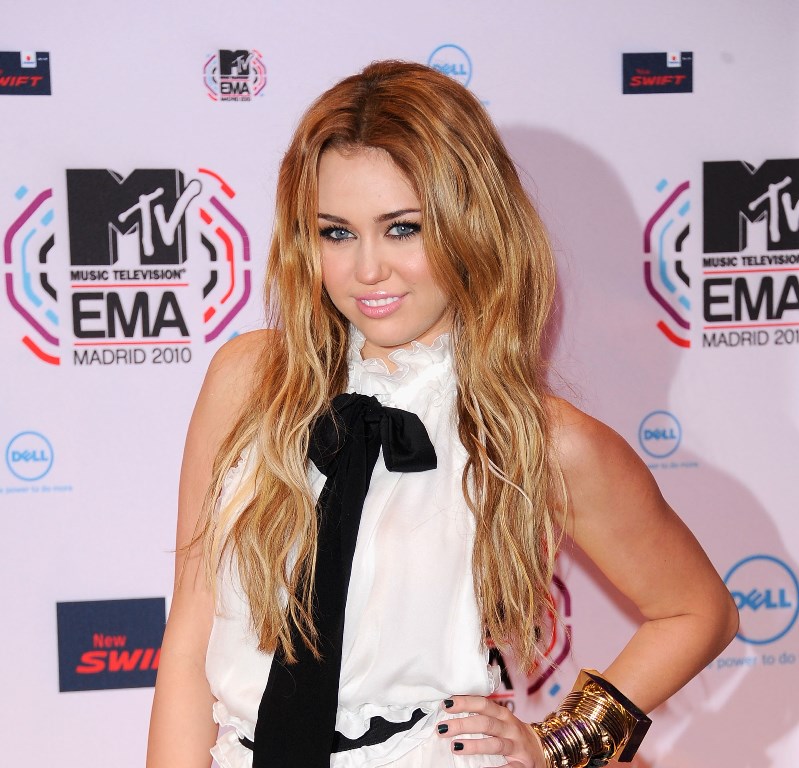Small Axe: Alex Wheatle



Alex Wheatle, the fourth installment of Steve McQueen’s Small Axe anthology, is, like Red, White and Blue before it, a biopic focused on the origin story of an accomplished Black man descended from Caribbean immigrants to the UK. In this case, the story centers on Alex Wheatle, an award-winning author who was sentenced to a jail term in the early 1980s following the Brixton riots in 1981. Alex Wheatle traces how Alex went from jail to recipient of the MBE for contributions to literature, though it is not particularly interested in his literary influences or how he learned to write, so much as it is the everyday life in Brixton that would come to influence his stories later on. Alex Wheatle is the weakest entry into Small Axe yet, though that is a bit like saying the second manned mission to the moon is slightly less impressive than the first manned mission to the moon.
At just over 60 minutes, Wheatle is the shortest film of the anthology so far, and honestly, it feels like it could be a little longer. Sheyi Cole makes his film debut as Alex, as the film opens with him arriving in jail in the early 1980s. Alex’s cellmate, Simeon (Robbie Gee), has gastrointestinal distress following a hunger strike, which means Alex is stuck listening to and smelling his cellmate take painful sh-ts several times a day. It is not an auspicious beginning, and soon enough, Alex attacks Simeon, a Rastafarian who refuses to fight Alex and instead asks him, “What’s your story?” This launches us back in time to Alex’s beginnings in a group home and state foster care (he is played by Asad-Shareef Muhammad as a child). These are largely white spaces, which not only alienate Alex from his culture, but also begin his process of institutionalization. In one particularly effective scene, Alex is bound in a straitjacket at school and left to lie on the floor, with a dazed, dissociative expression on his face that mirrors his expression as he arrives in jail.
However, we also get to see Alex’s arrival into Brixton, a London neighborhood which is predominately Black—the first Black space Alex has occupied in his life—and is home to a Caribbean diaspora in the city. But here, too, Alex is alienated. He has an English accent, claims to be “from Surrey” as opposed to acknowledging his Afro-Caribbean roots, thinks the police are helpful, and doesn’t know the slang of the community. Worse, a trip to a friend’s home for Christmas illustrates how emotionally deprived his life has been and layers a specific kind of hurt and loneliness on top of the broader cultural loneliness he’s grown up with. But he soon acclimates to Brixton, becoming a devotee of reggae music and learning slang and a Caribbean accent from his friend, Dennis (Jonathan Jules). It’s not enough to fool the actual Caribbean immigrants—a weed dealer called Cutlass (Johann Myers) recognizes Alex’s accent is “too English”—but Alex is able to blend into the neighborhood and begin sublimating Afro-Caribbean culture.
For a biopic about a writer, Wheatle focuses more on music. There is a consistent thread in Small Axe about the importance of music in the Black British community, as demonstrated in Lovers Rock, and here McQueen plays a clip of a radio interview with Roald Dahl in which Dahl talks about listening to “good music” before writing. Dahl is referring to Beethoven and his ilk, but as the clip plays, reggae drowns out Dahl’s “good music” for the music that will influence and inspire Alex. Indeed, Alex is for a time known as Yardman Irie, a reggae DJ and performer in Brixton. The riot and his jail sentence cut that career short, and ultimately, Alex switches from composing songs to writing young adult fiction, but Wheatle underlines how Black music is the first language of self-expression Alex learns. This is the good music that gives way to Alex’s literary efforts.
The microcosmic approach to biopics McQueen uses in Red, White and Blue and Alex Wheatle is infinitely more interesting than the typical “Great Man” approach of hitting all the career highlights and ignoring anything complicated or unflattering in the process. Alex Wheatle is not perfect—it could use a little more time to let things breathe, and the end, in particular, feels rushed and too obvious. Simeon essentially preaches the tenets of self-improvement through reading and education that guide Alex onto his literary path, rather than letting these elements sink in organically the way Alex’s musical influences do. But it is an intimate portrait of a Black artist as a young man, and that intimacy makes Alex infinitely more tangible and accessible than the typical biopic about Great Men.
Alex Wheatle is now streaming on Amazon Prime.

